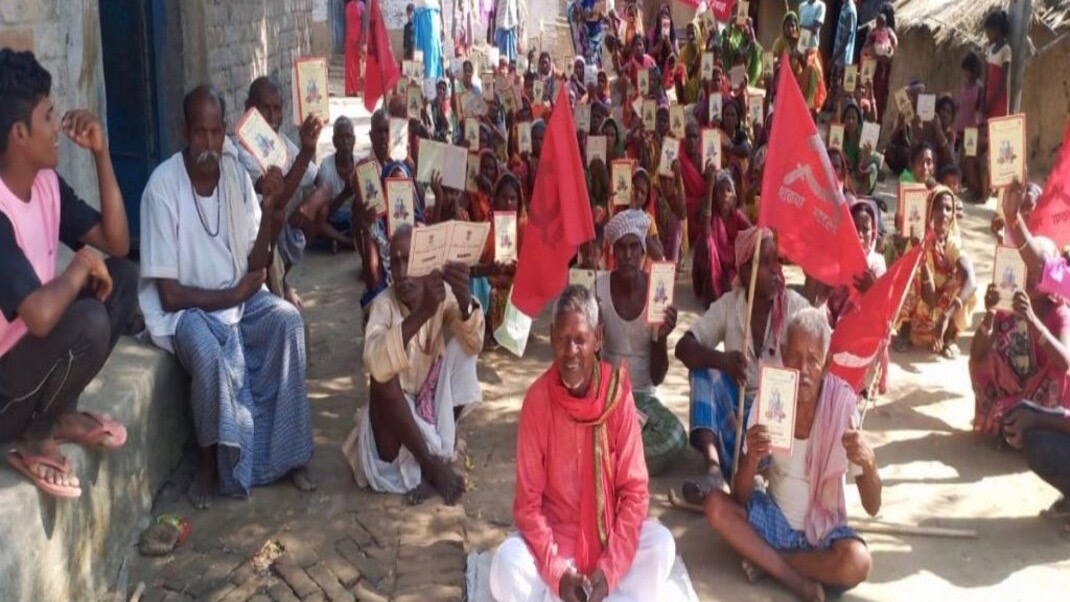Ten central trade unions in India wrote to the International Labour Organisation (ILO) on Monday May 25, regarding a complaint they had filed at the ILO on May 14 against the suspension of labor laws by several State governments in India.
The letter highlights the various ILO conventions violated in the process by the State governments. The letter was sent days after the unions held a country-wide protest on May 22, though complying with the physical distancing norms imposed due to COVID-19.
On the same day, the ILO had acknowledged the complaint filed by them on May 14. Karen Curtis, chief of ILO’s Freedom of Association Branch, told the unions in a letter that ILO director general Guy Ryder has appealed “to the Prime Minister to send a clear message to Central and State governments to uphold the country’s international commitments”.
Providing details about the suspension of various labor laws by 14 State governments in India, the follow-up letter sent by the unions raised particular concern about the situation in the Indian States of Madhya Pradesh in central India, Uttar Pradesh in the north, and Gujarat in the west.
Among the laws suspended for a period of three years by these States – all ruled by the BJP which has also been in power at the center since 2014 – are the Trade union Act (1926) and the Industrial Disputes Act (1947).
The former is the “main plank of Freedom of Association” and provides for the registration of trade unions. The latter legislation “provides scope for collective bargaining and also right to strike,” the unions’ letter highlights.
The ILO Declaration on Fundamental Principles and Rights at Work adopted in 1998 by the 86th session of the International Labor Conference declares the “freedom of association and the effective recognition of the right to collective bargaining” as one of the “fundamental rights” that all ILO member countries are obliged to uphold. India is among ILO’s founding members.
Para 18 of the document ‘Freedom of Association: Digest of decisions and principles of the Freedom of Association Committee of the Governing Body of the ILO’ states: “It is the responsibility of the Government to ensure the application of international labour Conventions concerning freedom of association which have been freely ratified and which must be respected by all state authorities, including the judicial authorities.”
The unions also pointed out that article 19(1) of the Indian constitution itself states that the “Trade Union right is fundamental right of the citizens to form an association.”
Therefore, the Indian government is violating its own constitution as well as the “basic ILO standards (and) principles of decent work, besides being in violation of human rights”, as per the unions.
Under the circumstances, the unions have insisted that “the ILO must powerfully and effectively intervene to prevail upon the Government of India to refrain from.. abrogation of all basic labor rights unilaterally”.
This assault on labor rights, the letter notes, is being launched at the behest of industry associations, which, in a series of meetings with the central government between April 3 and April 10, had asked the government “to stall all trade union activities” in business interests.
Following this, the central labor secretary through a communication on May 5 instructed the State governments to prioritize the so-called “labor law reforms”.
The unions thus allege that even though the State governments are technically passing ordinances to suspend labor laws, it is being done at the “insistence of the Central government”.
“Hence the onus and responsibility of the entire exercise of virtually nullifying most of the labor laws and violation of basic International Labor Standards.. also falls on the Central Government.”





